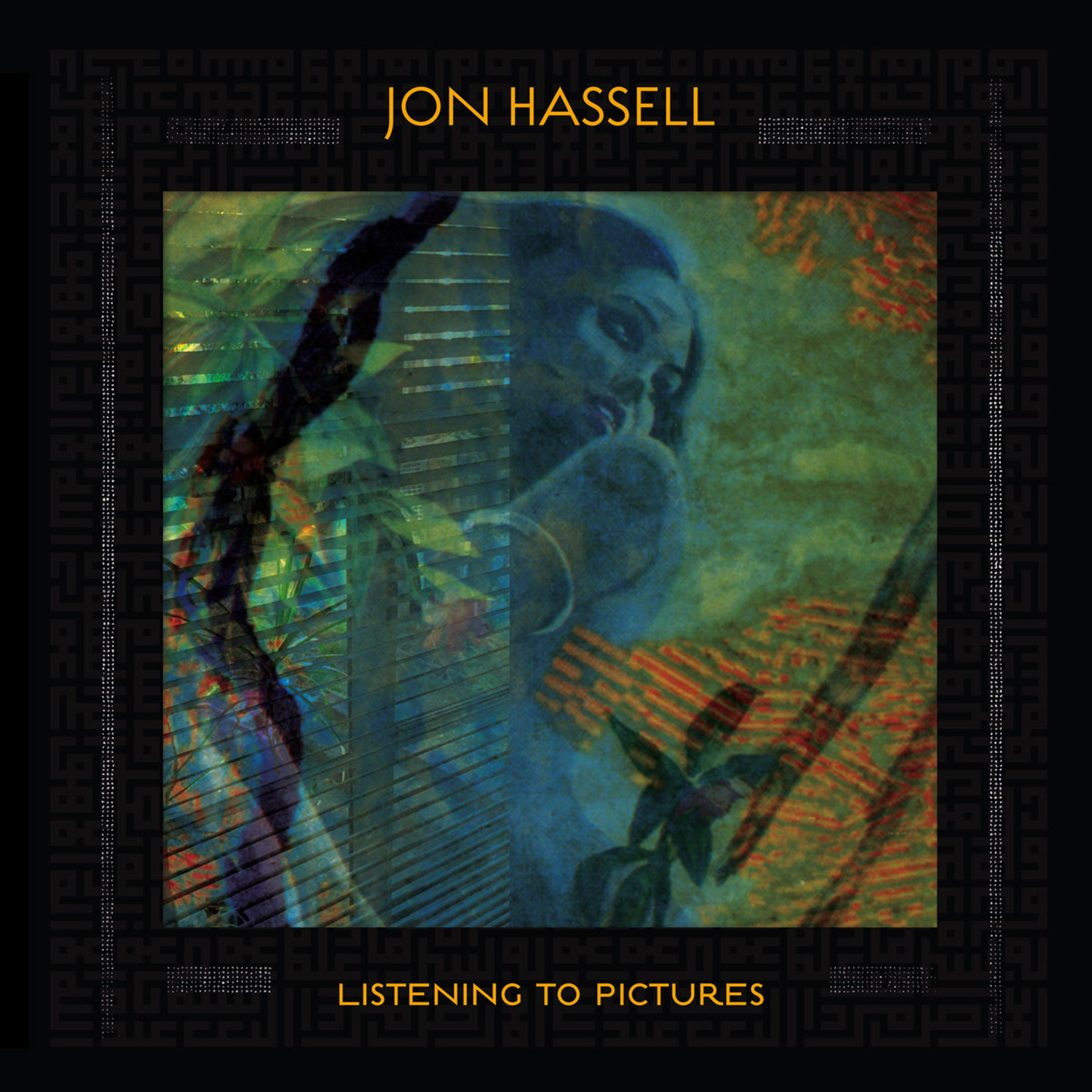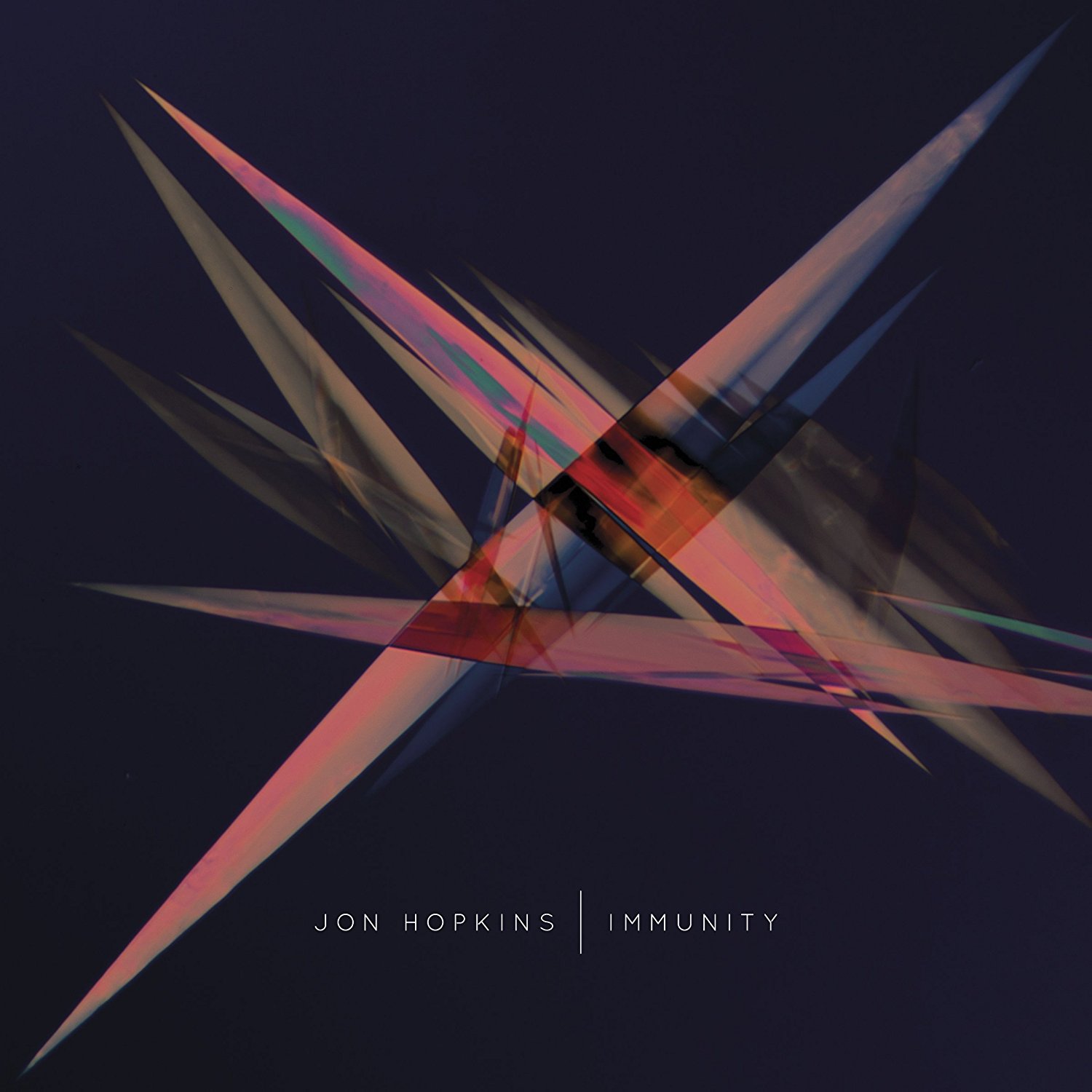The self-proclaimed “Dean of American Rock Critics,” Robert Christgau was one of the pioneers of music criticism as we know it. He was the music editor at the Village Voice for almost four decades where he created the trusted annual Pazz & Jop Poll. He was one of the first mainstream critics to write about hip-hop and the only one to review Simon & Garfunkel’s Bridge Over Troubled Water with one word: “Melodic.” On top of his columns, he has published six books, including his 2015 autobiography, Going Into the City. He currently teaches at New York University. Every week, we publish Expert Witness, his long-running critical column. To find out more about his career, read his welcome post; for four decades of critical reviews, check out his regularly updated website.

Jon Hassell: Listening to Pictures (Pentimento Volume 1) (Ndeya) Always warm not chill, Hassell’s quiet, environmental “fourth world” music has staying power that enlarges with time—listening back, I hear more complexity and groove in 2005’s patched-together Maarifa Street than I did at the time. But ever since his fateful 1980 collaboration with Brian Eno, atmospheric gestalt rather than flesh-and-blood pulse has been his calling. Like Miles Davis in his lost-and-found ’70s, Hassell has long raised keyboards to parity with a trumpet that never aspires to the clarity and speed of masters from Armstrong to Marsalis. At 81, he’s explored that parity for half his life, seldom more calmingly than on this self-release. Ever the avant-gardist, he insists that his latest music has a synesthetic relationship to the paintings of his dear friend Mati Klarwein. But we don’t have to go there. If you’re merely seeking something to soothe and engage simultaneously, this will perform that anxiety-easing, life-enhancing, aesthetically self-sufficient trick even better than usual. A MINUS
Videos by VICE

Jon Hopkins: Immunity (Domino) Trailing such dubiously prestigious credits as Coldplay, King Creosote, and the later Brian Eno, U.K. keyboardist Hopkins established his solo name back in 2013 with this album, the kind of conceptual electronica only techno aesthetes expect anyone to dance to. And for most of us, it will function just as nicely now as it did then—as rhythmic mood music that strolls back and forth across the line between the mildly bracing and the casually kind. Notice, for instance, how the sizzly midtempo zips and thwocks of the unhurried 10-minute “Collider” gain volume and texture before they resolve into the brief, string-fed piano etude “Abandon Window.” This is the Eno we weren’t smart enough to dream of back when all options were open. A MINUS
Jlin: Black Origami (Planet Mu) Rhythm music as mind music rather than groove music as spirit music—the sound of hundreds of lively ideas lining up to grab your attention without once smoothing them down into a rhythmic or melodic through-line (“Kyanite,” “1%”) ***
Jon Hopkins: Singularity (Domino) Five years later, the same techno and classical strategies and sonorities less cunningly, therapeutically, and for that matter singularly deployed (“Emerald Rush,” “Everything Connected”) **
Follow Robert Christgau on Twitter.
More
From VICE
-

Google Pixel Buds Pro 2 – Credit: Google -

Jaap Arriens/NurPhoto via Getty Images -

Photo: David Paul Morris/Bloomberg via Getty Images -

Johnny Nunez/WireImage/Getty Images
